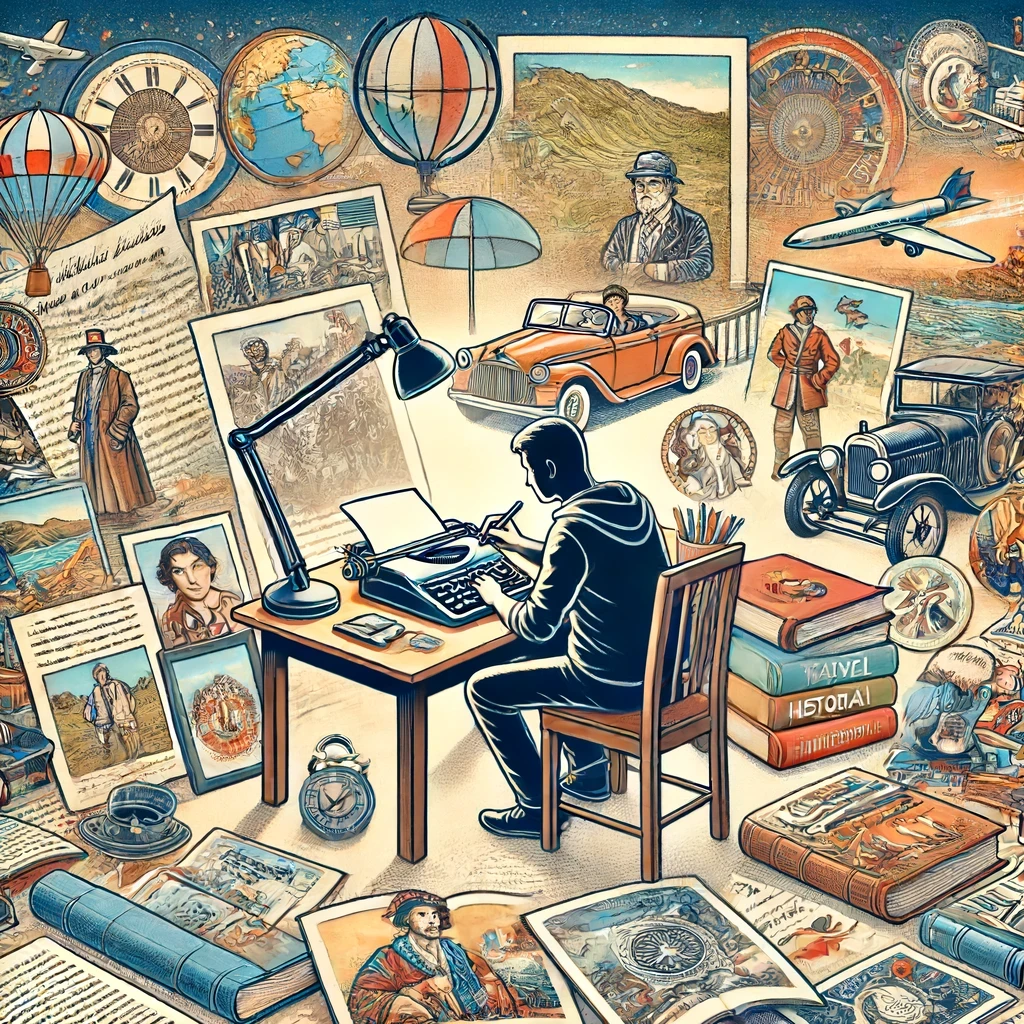Authors often draw from their own backgrounds and experiences to enrich their stories, adding depth, authenticity, and unique perspectives to their narratives. These personal touches can come from their cultural heritage, personal experiences, professional expertise, or even their hobbies and passions. Here’s how authors use their backgrounds to enhance their stories and create memorable, impactful literature.
1. Cultural Heritage and Identity
Authors frequently incorporate elements of their cultural heritage and identity into their stories, providing readers with a window into different traditions, languages, and worldviews. This inclusion not only adds authenticity but also fosters diversity and representation in literature.
-
Amy Tan: In The Joy Luck Club, Tan draws on her Chinese-American heritage to explore the complexities of mother-daughter relationships and the immigrant experience. The rich cultural details and personal history give the story an authentic and heartfelt depth.
2. Personal Experiences and Emotions
Personal experiences and emotions are powerful tools that authors use to create relatable and emotionally resonant stories. By weaving their own life events and feelings into their narratives, authors can connect with readers on a deeper level.
-
J.K. Rowling: The Harry Potter series is filled with themes of loss, friendship, and resilience, many of which are inspired by Rowling’s own experiences. For instance, the death of Harry’s parents and his subsequent struggles reflect Rowling’s feelings after the loss of her own mother.
3. Professional Expertise and Knowledge
Authors often use their professional expertise and knowledge to add realism and credibility to their stories. This can be particularly effective in genres such as crime fiction, medical dramas, and historical novels, where accurate details are crucial.
-
Michael Crichton: A trained doctor, Crichton used his medical knowledge to write compelling and scientifically plausible thrillers like Jurassic Park and The Andromeda Strain. His background in medicine and science adds a layer of authenticity and detail that enhances the reading experience.
4. Travel and Exploration
Travel experiences can provide authors with a wealth of material, from diverse settings and cultures to unique adventures and insights. These elements can bring a sense of place and authenticity to their stories, enriching the narrative with vivid descriptions and cultural nuances.
-
Elizabeth Gilbert: In Eat, Pray, Love, Gilbert recounts her own travels through Italy, India, and Indonesia, sharing her personal journey of self-discovery. The detailed descriptions and cultural insights gained from her travels add depth and richness to her memoir.
5. Historical and Social Contexts
Authors often draw on historical events and social contexts to create stories that are not only engaging but also informative and thought-provoking. By embedding their narratives in specific times and places, they can explore complex issues and provide readers with a deeper understanding of history and society.
-
Toni Morrison: In Beloved, Morrison draws on the history of slavery in America to tell the haunting story of Sethe, a runaway slave. The historical context and Morrison’s thorough research bring authenticity and emotional power to the narrative.
6. Personal Interests and Hobbies
Authors’ personal interests and hobbies can also influence their writing, adding unique details and passions to their stories. Whether it’s a love for cooking, a fascination with technology, or an interest in mythology, these personal passions can enrich the narrative.
-
Rick Riordan: Riordan’s interest in mythology is evident in his Percy Jackson & the Olympians series, where he skillfully weaves Greek myths into modern adventures. His deep knowledge and enthusiasm for mythology make the stories engaging and educational.
7. Societal and Political Engagement
Authors who are actively engaged in societal and political issues often reflect these themes in their work. Their stories can address important topics, challenge societal norms, and inspire readers to think critically about the world around them.
-
George Orwell: In 1984, Orwell’s political engagement and concerns about totalitarianism and surveillance are evident. His experiences and insights into political systems and propaganda add a chilling realism to the dystopian novel.

Conclusion
Authors use their backgrounds in myriad ways to enhance their stories, drawing from cultural heritage, personal experiences, professional expertise, travel, historical contexts, personal interests, and societal engagement. These elements add authenticity, depth, and uniqueness to their narratives, allowing readers to connect with the stories on a deeper level. By incorporating their backgrounds into their writing, authors create rich, multifaceted literature that resonates with and inspires readers.
